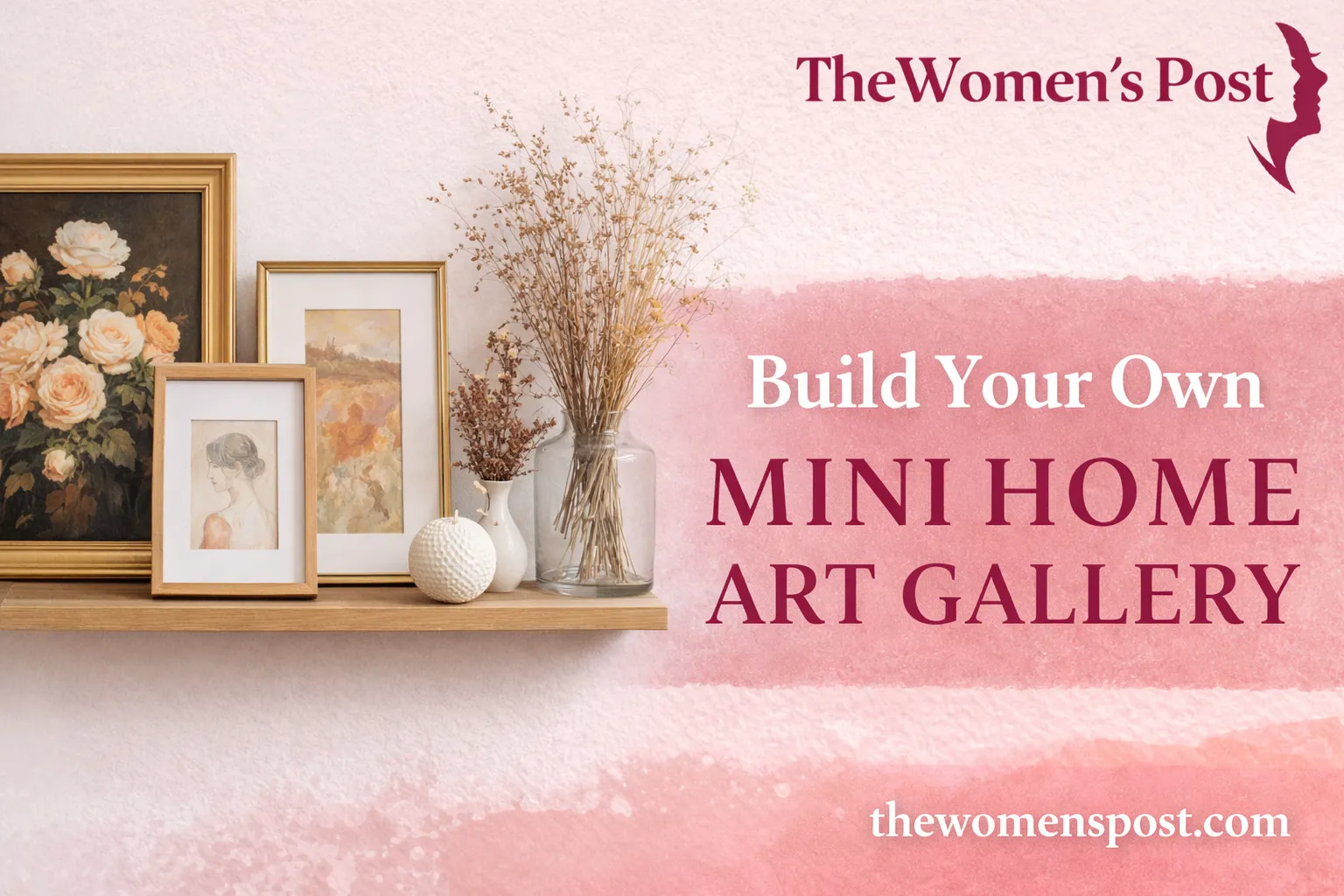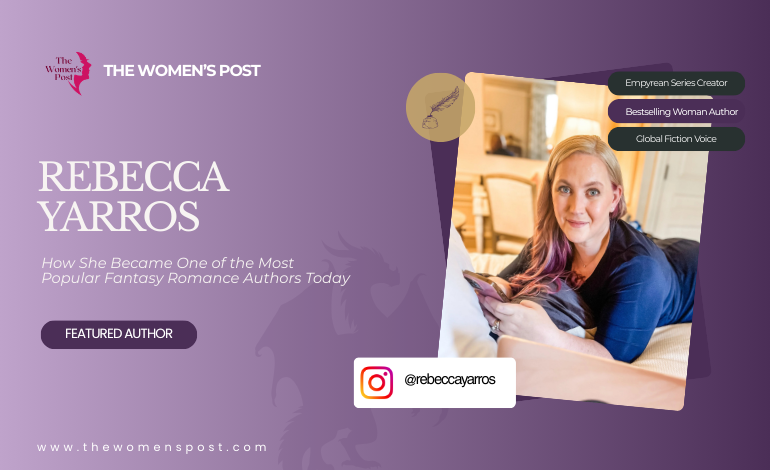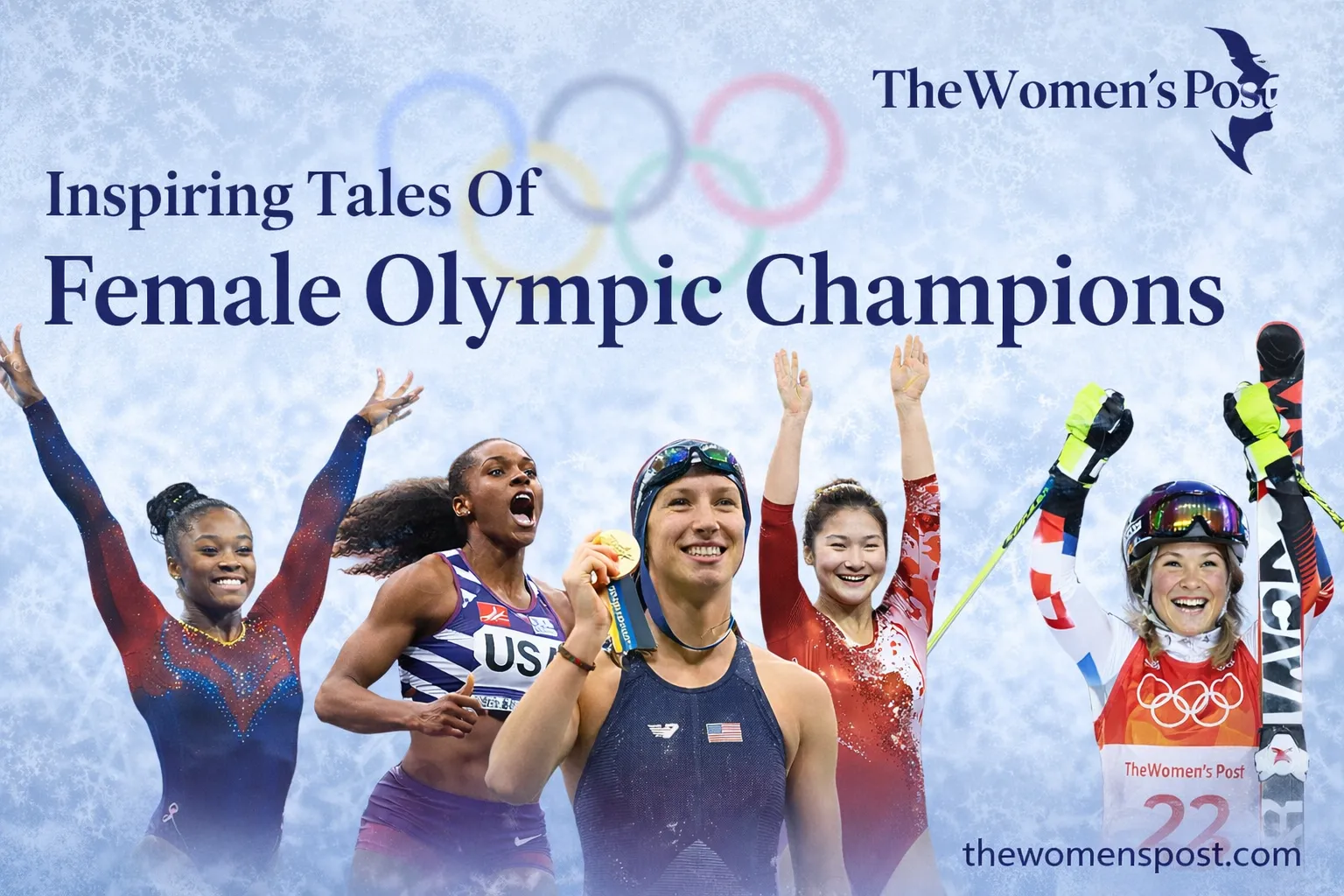A few years ago, the term “gamer” would have conjured up images of a man in his twenties wearing a headset, roaring into a microphone while killing adversaries in Call of Duty. But things have changed. Dramatically. Today, if you go to Twitch, YouTube, or even TikTok, you’ll find a very different landscape—one in which women are not only engaging in gaming, but also transforming it.
But make no mistake: the emergence of female gamers and streamers has not been without challenges. It has been a difficult journey through trolls, preconceptions, and an industry that was not exactly welcoming. So, how did women get through the noise? What problems do they still face? And why is their influence in gaming stronger than ever?
Let’s delve into the tales, the hardships, and the gradual, steady transformation that is transforming the game industry.
The Statistics That Speak Volumes
Let us start with some figures. According to Newzoo’s 2023 forecast, women account for roughly 48% of worldwide gamers. That’s nearly half. However, when it comes to the most popular broadcasters on sites like as Twitch or YouTube Gaming, males continue to monopolise the top ranks.
Why? Because numbers may not always indicate visibility. Women have always been involved in gaming, whether casually, competitively, or professionally, yet women are frequently left out of coverage, disregarded in sponsorships, and under-represented in game development leadership roles.
More Than Just A Pretty Face: The Stereotype Trap
One of the most difficult obstacles women streamers confront is the outdated assumption that they are only successful due of their appearance.
It’s frustrating. Imagine working hard for hours to enhance your gaming, establish a dedicated audience, and polish your material, only to have someone come into your chat and remark, “You only have viewers because you’re hot.”
This thinking destroys talent, creativity, and hustle. Yes, some female streamers focus on fashion, beauty, or aesthetics—and why shouldn’t they? But it doesn’t mean they can’t hit a headshot in Valorant or construct a 10-story palace in Minecraft from scratch.
Women are routinely challenged to show they are “real gamers,” as if their enthusiasm and talent require external confirmation.
For many, streaming has become a balancing act: perform well, look fantastic but not too wonderful, be hilarious but not too loud, and be bold but not pushy. It is exhausting.
Meet the Trailblazers
Despite the obstacles, some women have created beautiful places for themselves.
- Pokimane (Imane Anys)
Pokimane is one of the most well-known streaming personalities, with millions of followers on Twitch and YouTube. She’s recognised for her laid-back style, commentary, and gaming, but she also uses her platform to speak out misogyny and toxic behaviour in the community. She demonstrates that you may be extremely successful without surrendering your ideals.
- Valkyrae (Rachell Hofstetter)
In 2020, Valkyrae became the most popular female streamer on YouTube Gaming.
She’s broken records, amassed a big fan base, and co-owns the game company 100 Thieves. But what truly inspires me is her candour regarding mental health and the demands of digital stardom. She’s human, and she lets others know it.
- Kyedae Shimko
Kyedae is another emerging artist, noted for her powerful streams and engaging personality. She is genuine and competitive, and she utilises her platform to inspire women to pursue careers in esports—not only as players, but also as coaches, commentators, and leaders.
These women, and many more, are changing the game not only by being there, but also by being unapologetic about their identities.
Trolls in the Chatroom
Let’s address the elephant in the room: harassment.
Online gaming has a reputation for being aggressive, particularly against women. From casual lobbies to major competitions, the harassment may be frustrating to downright cruel. Female gamers frequently struggle with:
- Unwanted sexual remarks.
- Doubt regarding their talent levels.
- Stalking and Doxxing
- Gatekeeping and Exclusion
It’s not simply name calling. Some women’s personal information was released online. Others have been swatted—a dangerous technique in which someone calls a bogus emergency number to summon police to a streamer’s house. It’s risky, distressing, and regrettably not uncommon.
Many streamers have developed thick skin only to survive in space.
Others build separate lobbies, deactivate voice chat, or completely conceal their gender to prevent abuse. This should not have to be the norm.
Changing the Industry From the Inside
Fortunately, change is on the way—not only from content providers, but also from the industry as a whole.
Game Companies are Listening
Game creators are increasingly investing on diversity and inclusion. Riot Games, for example, has made an intentional effort to employ more women in development and leadership positions. Studios are beginning to recognise that varied perspectives result in better games that represent the real world and appeal to a wider audience.
Sponsorships and Brand Deals
Brands are beginning to see female gamers as strong influencers.
From beauty firms creating gaming-themed collections to tech giants funding all-female esports teams, there is a growing recognition that women are not just part of the audience, but the audience itself.
The Power of Community
One of the most amazing aspects of this transformation is how women have banded together to help one another. Female gamers have a tremendous sense of support for one another, from Discord groups to Reddit posts.
Organisations such as FemGaming, The*GameHERs, and Black Girl Gamers are providing safe places for women, particularly women of colour, to interact, cooperate, and grow.
These communities are about more than simply getting away from harmful situations; they are also about creating something new. A future in which women may confidently lead raids and livestreams. Where young girls may aspire to become esports superstars without being told it’s “just for boys.”
So what’s next?
It’s not just about getting more women into gaming; it’s about normalising it.
This means:
- Parents encourage their daughters to play games much like their males.
- Schools include gaming and game design into their extracurricular activities.
- Game firms are recruiting more women, not only as testers or designers, but also as directors and decision-makers.
- Streaming companies are enacting stronger policies against harassment and providing more tools for creators to defend themselves.
Most importantly, it entails changing the culture from “you don’t belong here” to “we’re glad you’re here.”
For the Girl with the Controller
If you’re a lady who enjoys gaming—whether you’re developing empires in The Sims, sniping in Warzone, or exploring indie story-rich titles—this is your area as well.
Don’t let the haters tell you differently. The trolls are noisy, but they do not represent the future. Yes, you are.
And if you want to stream, go for it. Your voice matters. Your personality matters. Your gameplay is important.
You are not simply “a female gamer.”
You are a gamer. Period.
Also read: Healing and Hustling: How Therapy Empower Women’s Careers?










